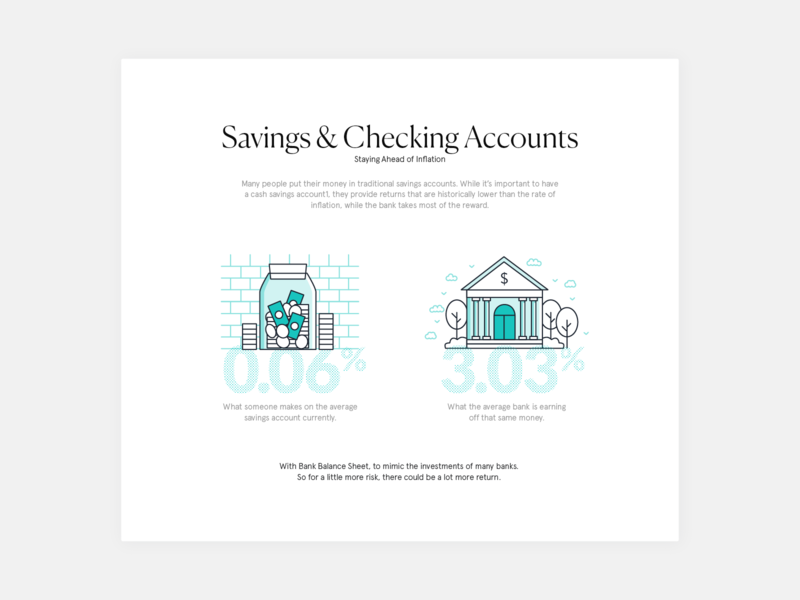The Consequences Of Falling Short To Meet An Efficiency Bond
The Consequences Of Falling Short To Meet An Efficiency Bond
Blog Article
Published By-
When a guaranty concerns a performance bond, it ensures that the principal (the event who buys the bond) will certainly fulfill their obligations under the bond's terms. If the major falls short to fulfill these commitments and defaults on the bond, the guaranty is accountable for covering any losses or problems that result.
1. Loss of track record: Back-pedaling a performance bond can harm the principal's online reputation and integrity, making it more challenging to secure future service or funding.
2. Legal and administrative expenses: The surety may require to pay lawful and administrative expenses connected with pursuing the principal for damages or attempting to fix the situation.
3. Economic losses: The guaranty may need to cover the expense of finishing the task or supplying the services that the principal stopped working to provide. This can lead to substantial economic losses for the guaranty.
4. Raised premiums: If the principal has a history of defaulting on performance bonds, they may be required to pay higher premiums in the future to obtain the essential bonding.
In general, defaulting on an efficiency bond can have severe economic effects for both the principal and the guaranty. It is essential for principals to carefully consider their obligations and guarantee they are able to fulfill the terms of the bond to avoid these unfavorable end results.
Defaulting on an efficiency bond can be a costly error for companies. When you fail to satisfy the bond's obligations, the monetary repercussions can be significant. From paying the full bond amount to prospective lawful fights and damaged relationships, the repercussions can resound throughout your company operations. Recognizing the elaborate web of economic influences that defaulting on an efficiency bond can have is important for protecting your company's monetary health and wellness and reputation.
Financial Penalties for Defaulting
If you back-pedal an efficiency bond, you'll likely encounter considerable financial penalties. These charges can differ depending upon the regards to the bond agreement however frequently involve paying the bond quantity completely to the obligee. This suggests that if you fail to accomplish your legal obligations, you should pay the bond total up to the task proprietor or the entity that called for the bond.
Additionally, you might additionally be in charge of any kind of additional prices incurred by the obligee due to your default, such as locating a replacement contractor or covering task delays.
Defaulting on a performance bond can additionally result in legal charges and court costs if the obligee makes a decision to take lawsuit against you to recover the bond amount. These expenses can rapidly accumulate, more worsening the economic influence of your default. It's important to meticulously assess and understand the terms of the performance bond to prevent these serious punitive damages.
Influence On Organization Cash Flow
Back-pedaling an efficiency bond can considerably affect your business cash flow, impacting economic security and functional capacities. When you back-pedal a performance bond, you risk losing the bond quantity, which can be a significant sum. This loss straight influences your cash flow, as you'll need to find different resources of funding to cover the bond quantity. Moreover, defaulting can lead to raised examination from guaranties, making it more difficult and extra expensive to protect bonds in the future. This can even more strain your capital as you may require to assign extra resources to meet bonding demands.
The impact on your cash flow doesn't stop there. Defaulting on a performance bond can also result in task delays or cancellations, resulting in a loss of earnings. In addition, the unfavorable online reputation that comes with failing can hinder potential customers, even more lowering your cash flow. Overall, defaulting on a performance bond can have destructive impacts on your organization's monetary wellness and capacity to run smoothly.
Legal Implications and Suits
Encountering legal implications and possible claims as a result of back-pedaling a performance bond can dramatically affect your organization's reputation and economic standing. When you back-pedal a performance bond, the guaranty company might take legal action to recuperate the bond quantity paid out. This could lead to expensive lawful charges, court costs, and prospective settlements or judgments versus your service.
Furthermore, simply click the next website page on a performance bond might cause damaged connections with customers, subcontractors, and suppliers, impacting your ability to safeguard future agreements. click the up coming web page occurring from bond defaults can stain your organization's credibility in the market, making it challenging to bring in brand-new companions or customers.
In addition, if the default causes a court judgment versus your company, it could lead to property seizure or liens, additionally straining your financial stability. For that reason, it's important to recognize the lawful effects of defaulting on an efficiency bond and take positive actions to minimize the threats involved.
Conclusion
As you deal with the repercussions of back-pedaling an efficiency bond, remember this: it resembles strolling a tightrope without a safety net. One wrong step can send you plunging into a financial freefall, without way to stop the fall.
The punitive damages, capital impact, and legal ramifications are all waiting to capture you if you mistake. So step thoroughly, and constantly honor your dedications to stay clear of the extreme effects of default.
